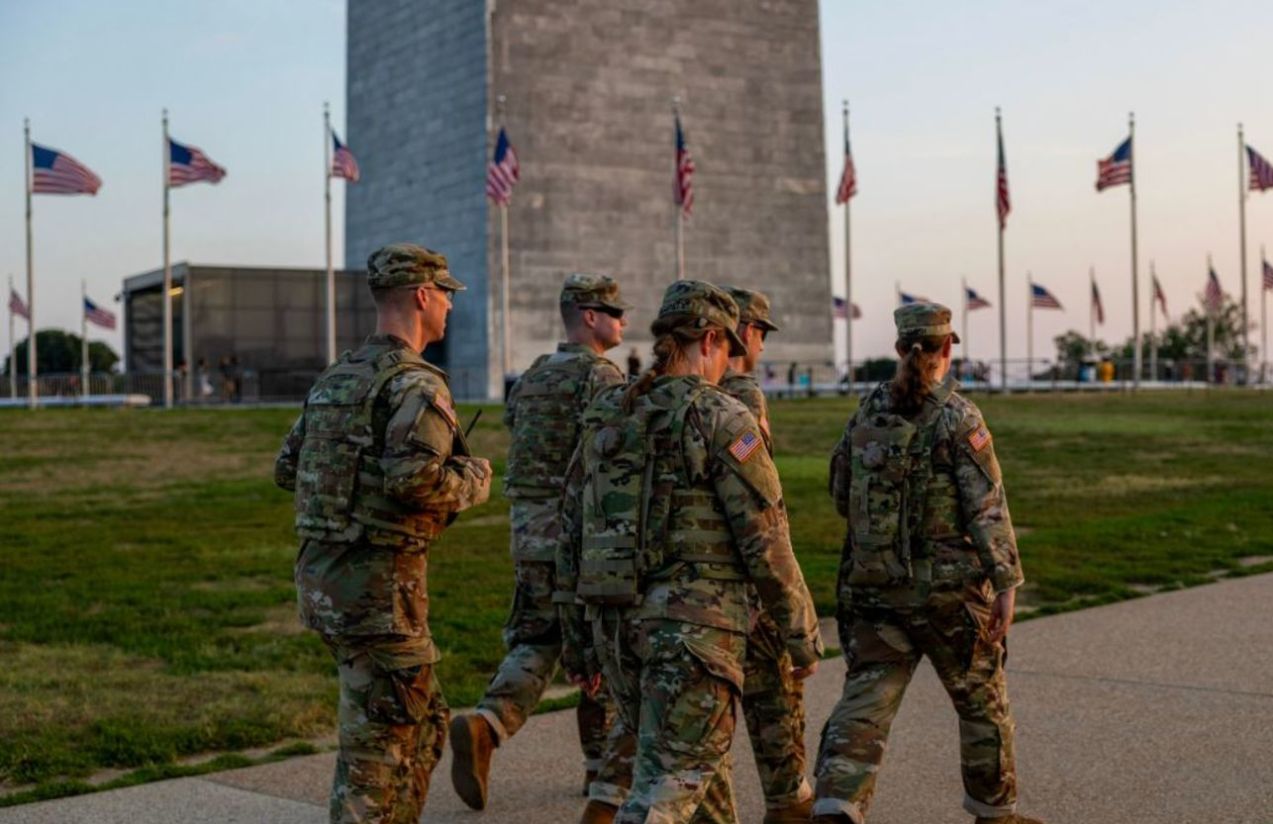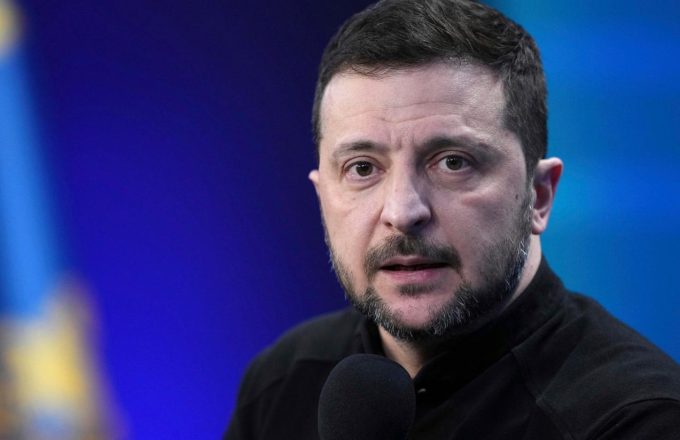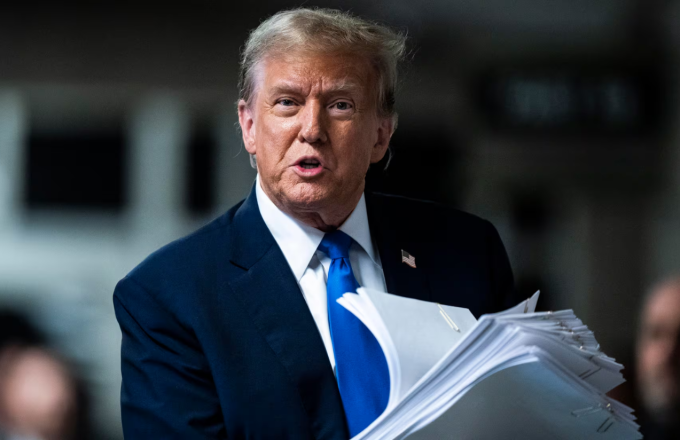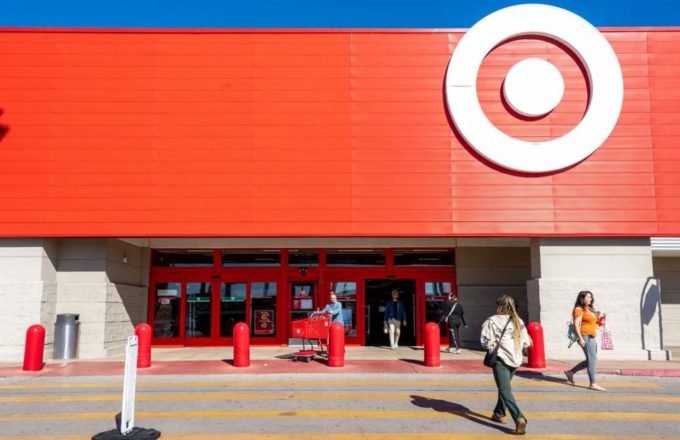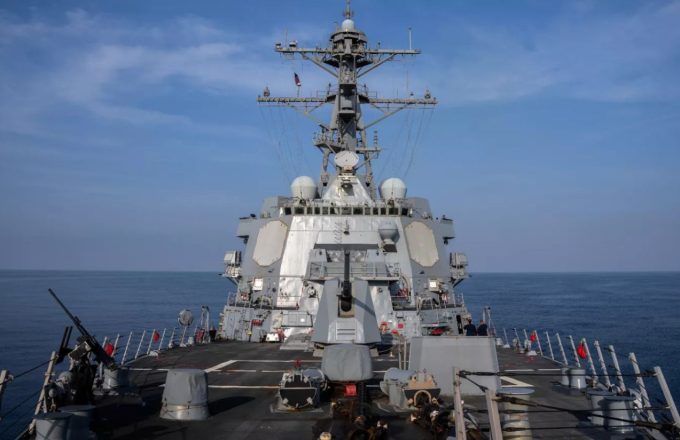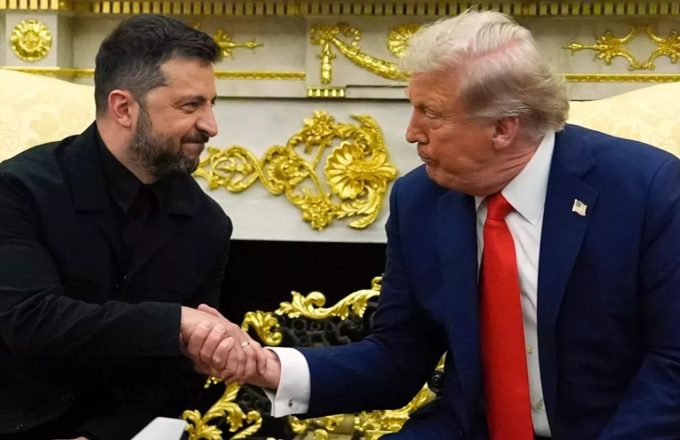The streets of Washington, D.C. experienced an unprecedented shift after President Donald Trump ordered the deployment of federal police and the National Guard to reinforce security in the capital. The move comes amid rising tensions and concerns over civil unrest, marking one of the most significant displays of federal authority in recent years.
According to officials, the deployment seeks to maintain order and prevent possible disruptions that could affect public life in the city. Heavily armed officers, military vehicles, and coordinated patrols have become part of the capital’s daily landscape, generating both relief and unease among residents.
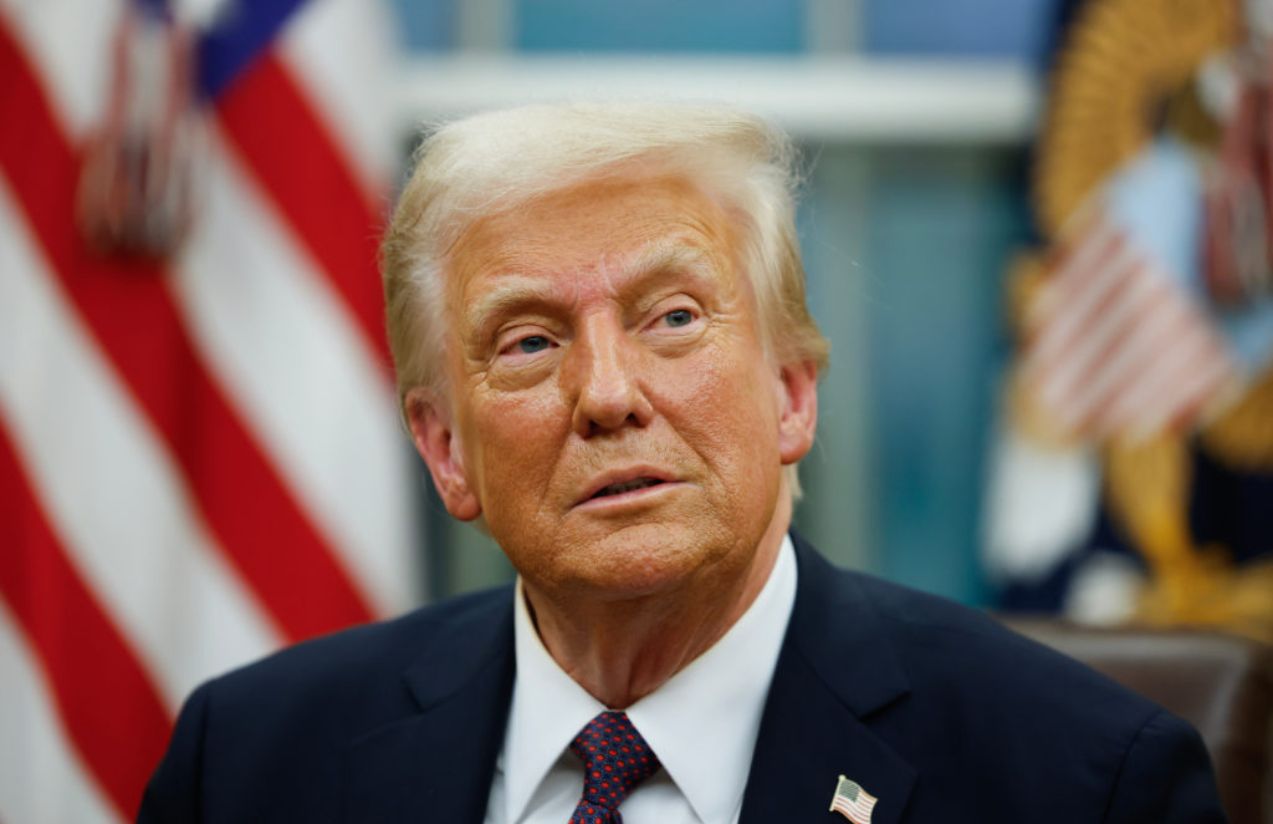
What does this decision mean for the autonomy of Washington, D.C.?
The decision highlights the delicate balance between federal authority and local governance. While the measure aims to guarantee security, it also raises questions about the limits of local autonomy and the growing influence of the federal government over city affairs.
For Trump and his administration, the strategy is presented as a necessity to protect national stability. However, critics argue that it could set a precedent for future interventions that blur the lines of democratic freedoms.
For now, Washington remains under strict surveillance, symbolizing the tension between security and liberty in the nation’s capital.


